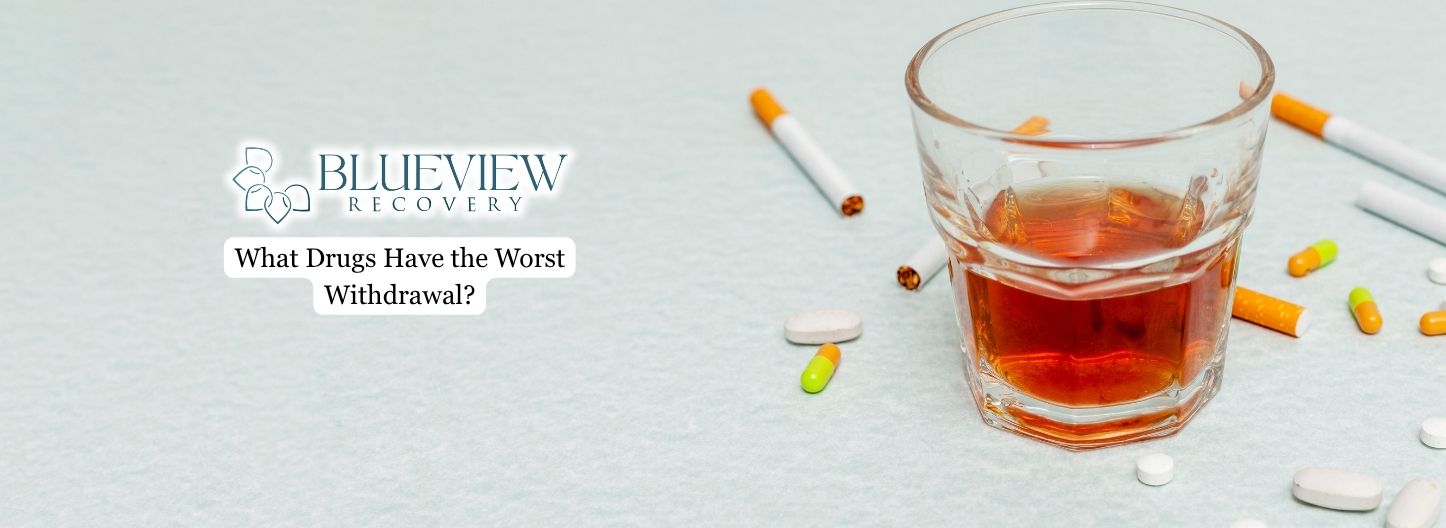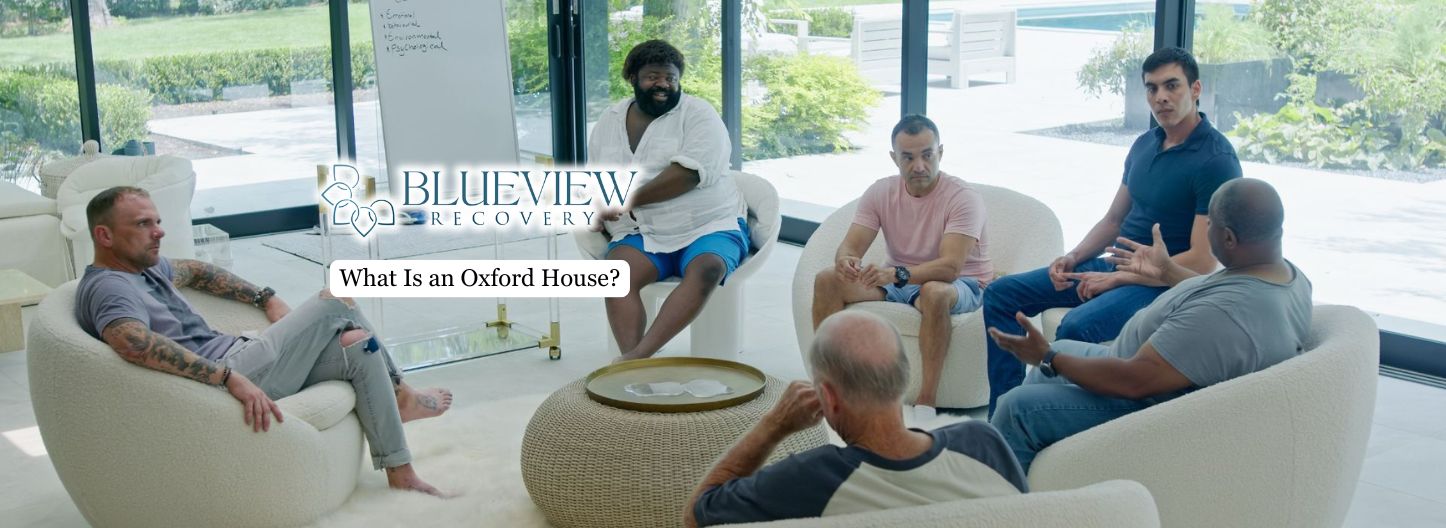Outpatient programs offer various levels of intensity and structure to accommodate the diverse needs and situations of individuals struggling with substance use disorders. These programs provide essential support without requiring participants to reside full-time at a treatment facility, enabling them to receive crucial care while still being able to attend to their work, education, or family responsibilities.
This article will delve into the different types of outpatient treatment programs for addiction recovery and examine the level of support and advantages that each of these options offers.

Standard Outpatient Programs
Standard Outpatient Programs (OPs) offer a less intensive level of care for individuals with mild substance use disorders, allowing them to maintain their daily responsibilities while receiving drug or alcohol addiction treatment.
You’ll typically attend fewer than 9 hours of therapy per week, with sessions often scheduled on a weekly basis. OPs focus on individual counseling and group therapy to address your needs in a less rigorous format than PHPs or IOPs.
While they provide essential support and coping skills, standard outpatient programs may not offer the level of medical supervision and intensive care needed for more severe addictions.
However, you’ll benefit from access to ongoing support groups and resources, which are key for sustaining your sobriety and avoiding relapse as you progress through treatment.
Intensive Outpatient Programs (IOP)
Intensive Outpatient Programs (IOPs) offer a structured treatment option for those who need more support than traditional outpatient care but don’t require 24/7 supervision.
These rehab programs typically span 8 to 12 weeks, during which participants attend therapy sessions 3-4 times per week, with each session lasting 2-4 hours.
IOPs offer a comprehensive treatment model that includes individual therapy, group therapy, and educational sessions, addressing both the psychological and social aspects of addiction. They utilize evidence-based therapies such as Cognitive Behavioral Therapy (CBT) and may incorporate 12-step philosophies to provide a holistic approach to healing and recovery.
As a plus, IOPs are generally more cost-effective than residential treatment while still offering a high level of support and accountability.
These programs are ideal if you have a mild to moderate addiction, as they help you apply the skills you’ve learned in real-world settings. To better understand how IOPs compare to other treatment options and determine which might be right for your specific situation, you can learn more about the intensive outpatient vs outpatient treatment differences and benefits.
Partial Hospitalization Programs (PHP)
Partial hospitalization programs (PHPs) generally offer more than 20 hours of programming per week, with sessions that last between 4 to 6 hours a day, 5 to 7 days a week.
PHPs provide individuals with the opportunity to receive intensive care during the day while being able to return home each evening, which offers flexibility for those who are unable to commit to inpatient treatment.
The treatment modalities in this type of outpatient substance abuse programs frequently include evidence-based therapies such as Cognitive Behavioral Therapy (CBT), Dialectical Behavior Therapy (DBT), family therapy, psychoeducation, and motivational interviewing.
PHPs are especially beneficial for individuals who have completed detox and residential treatment but still require intensive support. These programs offer a structured environment, round-the-clock professional support, and are often more cost-effective compared to inpatient care.
PHPs typically last between 14 to 21 days, although the duration can vary depending on individual needs.

Specialized Outpatient Programs
specialized outpatient programs offer tailored treatment approaches to address specific substances, demographics, or co-occurring disorders.
These programs focus on the unique challenges faced by individuals struggling with addiction to substances like alcohol, opioids, or stimulants. They also cater to specific groups, such as adolescents, women, or veterans, ensuring their distinct needs are met.
Specialized outpatient programs often incorporate holistic therapies alongside traditional modalities, providing a well-rounded approach to recovery.
For those with co-occurring mental health disorders, dual diagnosis programs emphasize integrated care, simultaneously treating both conditions.
Many specialized outpatient programs rely on evidence-based practices, such as Cognitive Behavioral Therapy and Motivational Interviewing, to effectively address the underlying issues contributing to addiction and promote lasting change.
Final Thoughts from Blueview Recovery
As you or your loved one contemplate the next steps in your addiction recovery journey, it’s essential to remember that finding the appropriate level of care is vital. Blueview Recovery’s outpatient program in King of Prussia, Pennsylvania, provides a well-rounded approach that combines the structure of more intensive programs with the flexibility necessary to integrate recovery into everyday life.





